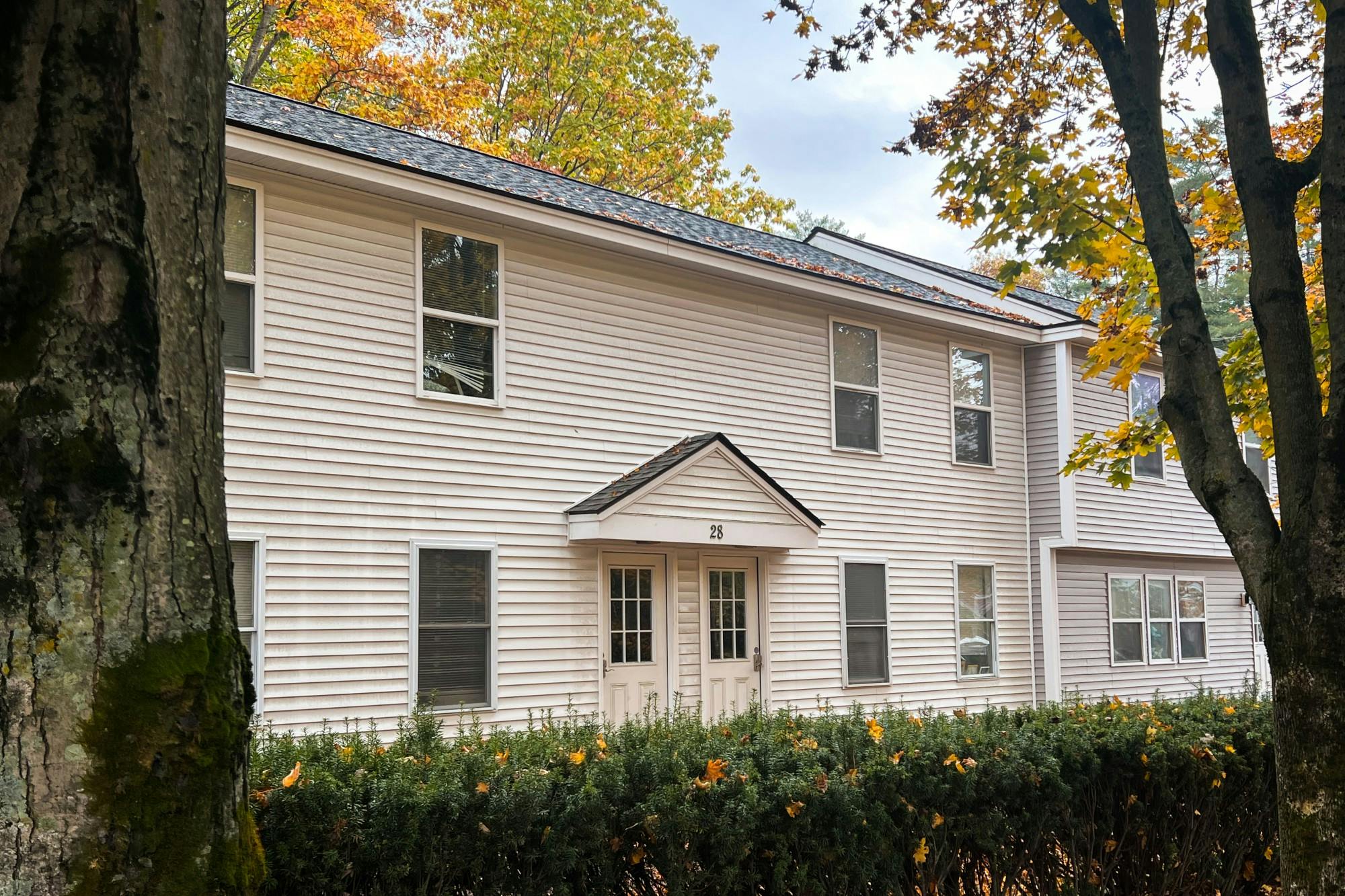While some off-campus tenants currently face subpar living conditions — including mold and animal infestations — Hanover landlords have struggled with the upkeep of their units due to a labor shortage in the Upper Valley.
Off-campus housing can offer students more space and freedom, off-campus resident Catherine Casson ’23 said, but added that there have been challenges with the maintenance of her house in Hanover.
In what she described as her “house with character,” Casson and her roommates struggled with bats, rodents living in the floor and holes in the walls before their landlord eventually fixed the issues. Casson also added that she is facing potentially hazardous black mold in her bathroom.
Landlords like Jolin Salazar-Kish ’88 of KKC Properties Realty and Roger Clarkson ’75 of Roger Clarkson Real Estate said they have struggled to keep up with grievances from their tenants.
Salazar-Kish explained that due to COVID-19, Hanover and the Upper Valley as a whole have experienced a “crippling” labor shortage that has resulted in complaints on the living conditions from many of her tenants.
“Just for the most basic of things, we have to beg people to show up. Plumbers, electricians, carpenters, painters, cleaners,” she said. “Whoever they are, we have to call in every favor owed to us to get them to show up because there just aren't enough tradespeople in the Upper Valley to do all of the work that is needed.”
Clarkson highlighted his commitment to safety standards, adding that he “tore [a property] down recently, because [he] didn’t think it was safe to keep renting.” He noted that “as far as town regulations… fire code and that sort of thing, I will abide by that.” But in terms of specific standards of order and cleanliness, it is up to the tenant, because leases can be “pretty loose, depending on how long people want them or how long we’ve been there.”
Despite unfavorable living conditions, Petrov said that living off-campus allows for greater sense of autonomy and chosen community, as many on-campus housing options restrict students to living with others in their same housing communities. .
Petrov also noted that some students have moved off campus earlier than in previous years because “campus COVID restrictions were so strict.”
Tim Cushman ’23 said that the campus housing shortage also affected his choice to secure an off-campus lease. Last fall, on-campus students dealt with doubles made into triples, common rooms and study spaces transformed into living spaces and a lottery to incentivize students to withdraw from campus housing.
The shortage of on-campus options has therefore made renting from private landlords unaffiliated with the College a preference for some. Clarkson, one of the main landlords in Hanover and the surrounding Upper Valley, has owned and maintained properties in town for several decades, including apartments on Maple Street, Lebanon Street and East Wheelock Street.
Salazar-Kish said that her company rents to more than 200 Dartmouth undergraduates, 200 graduate and professional students and an additional 100 Hanover community members unaffiliated with the College.
“I started my company because when I was a student, no one would rent to me,” Salazar-Kish said. “In those days, if you were a student and you wanted to rent off-campus, certainly if it was a house, the answer was no. They just wouldn’t rent it to you.”
Salazar-Kish also shared her plans for the future of Dartmouth off-campus housing. She said that her company is “trying to get rid of the stuff that is ‘cosmetically challenged.’
“We have a couple places we’ve been dying to tear down for a while,” Salazar-Kish. “The plan there is to tear those down and build something new and nice, with a lot more units in it so we can take advantage of the density increase that the recent zoning changes have permitted.”
Casson added that the cost of living off campus, while sometimes more affordable than on-campus options, still presents barriers — particularly given the living conditions of some units in Hanover.
“As someone who completely pays for my housing, I work twenty hours a week, sometimes at three or four jobs. It sucks that there isn’t realistic or enough housing,” Casson said. “But, it’s kind of picking your battles.”




